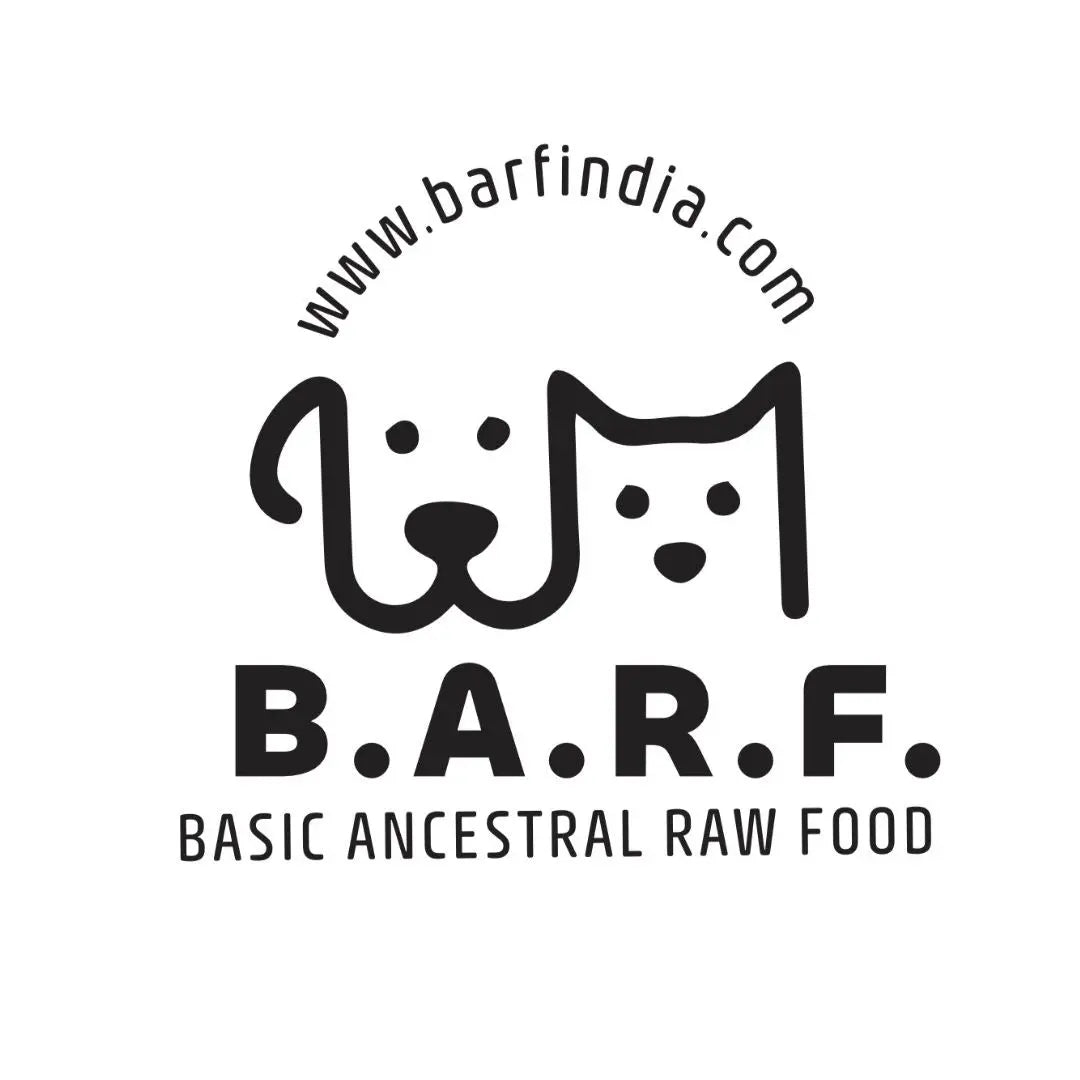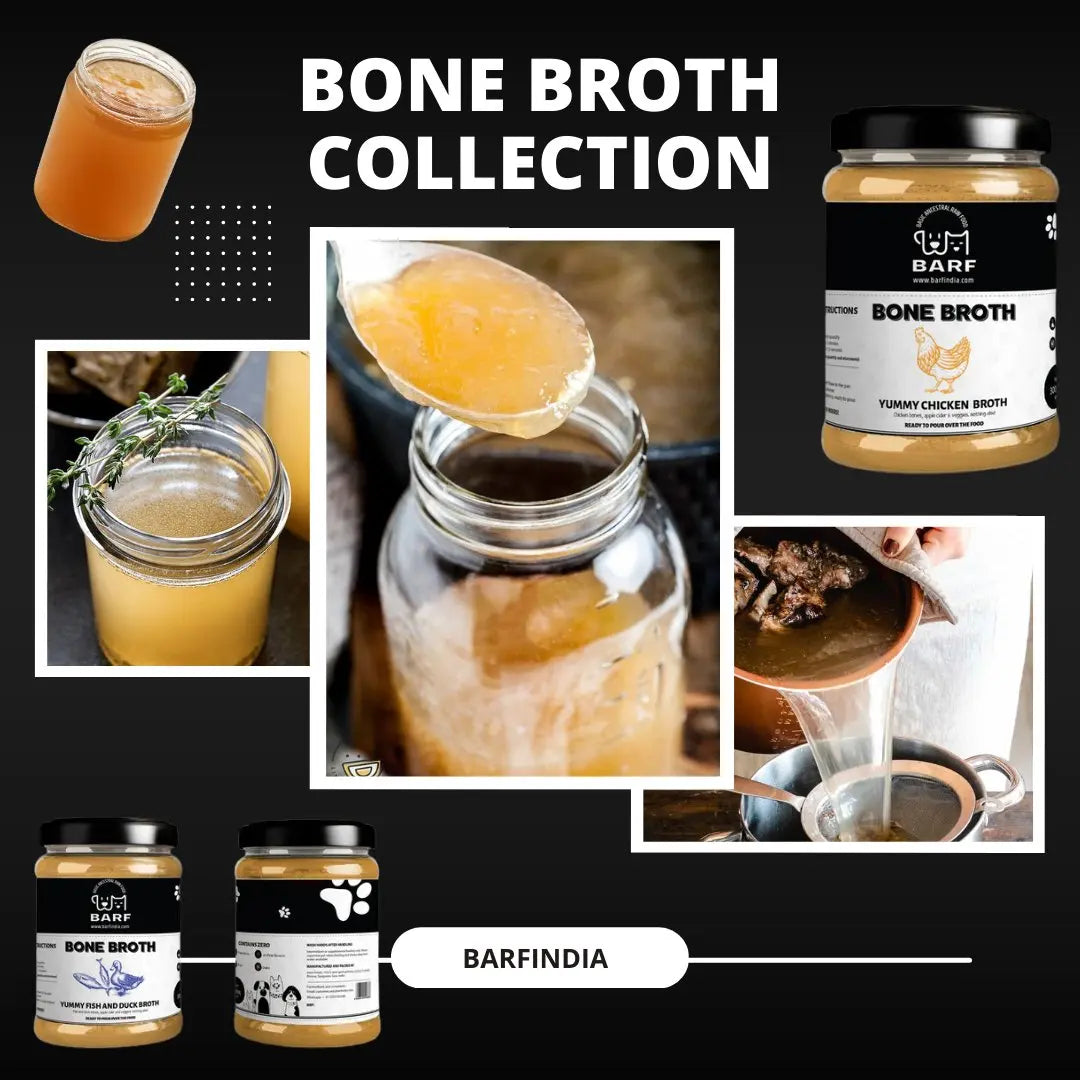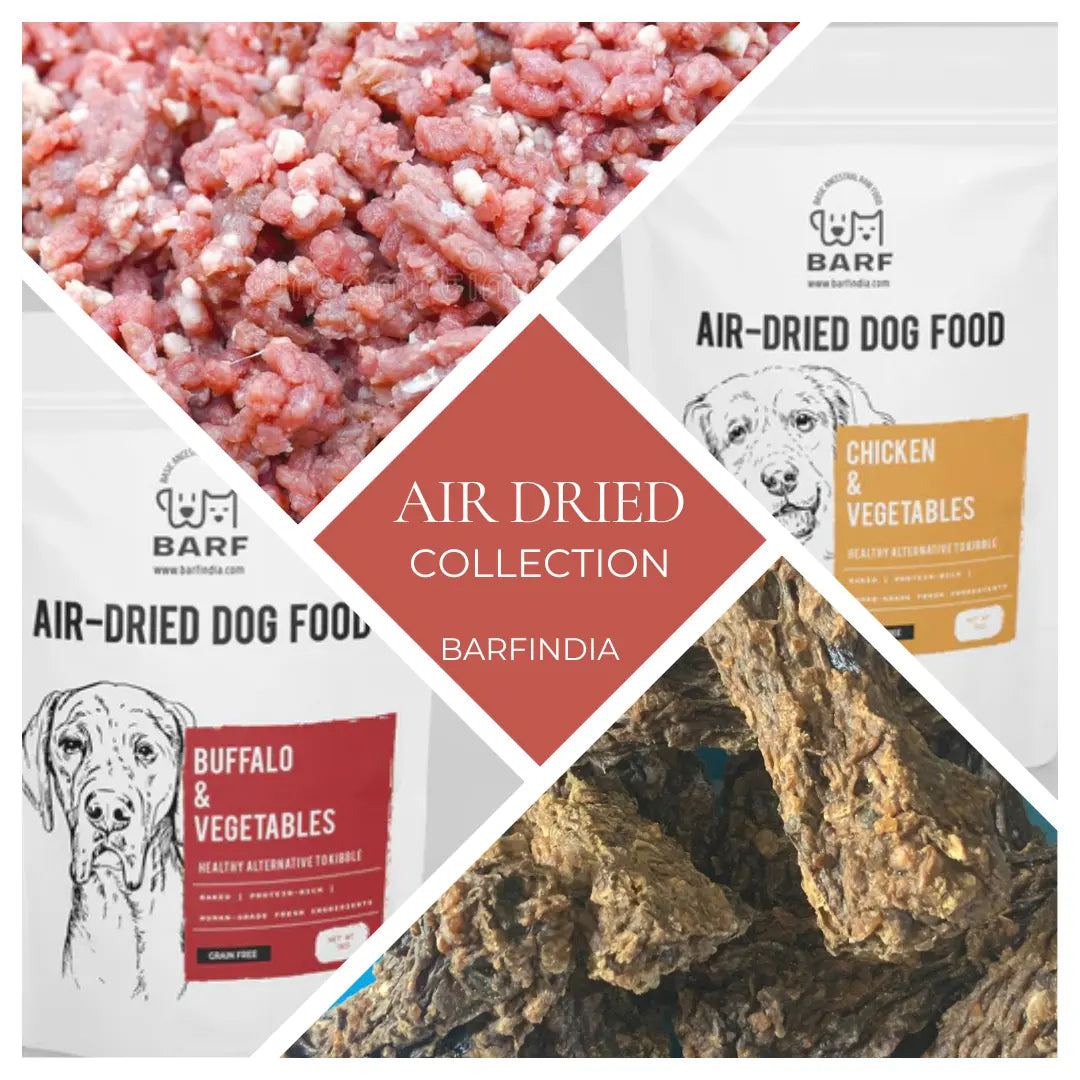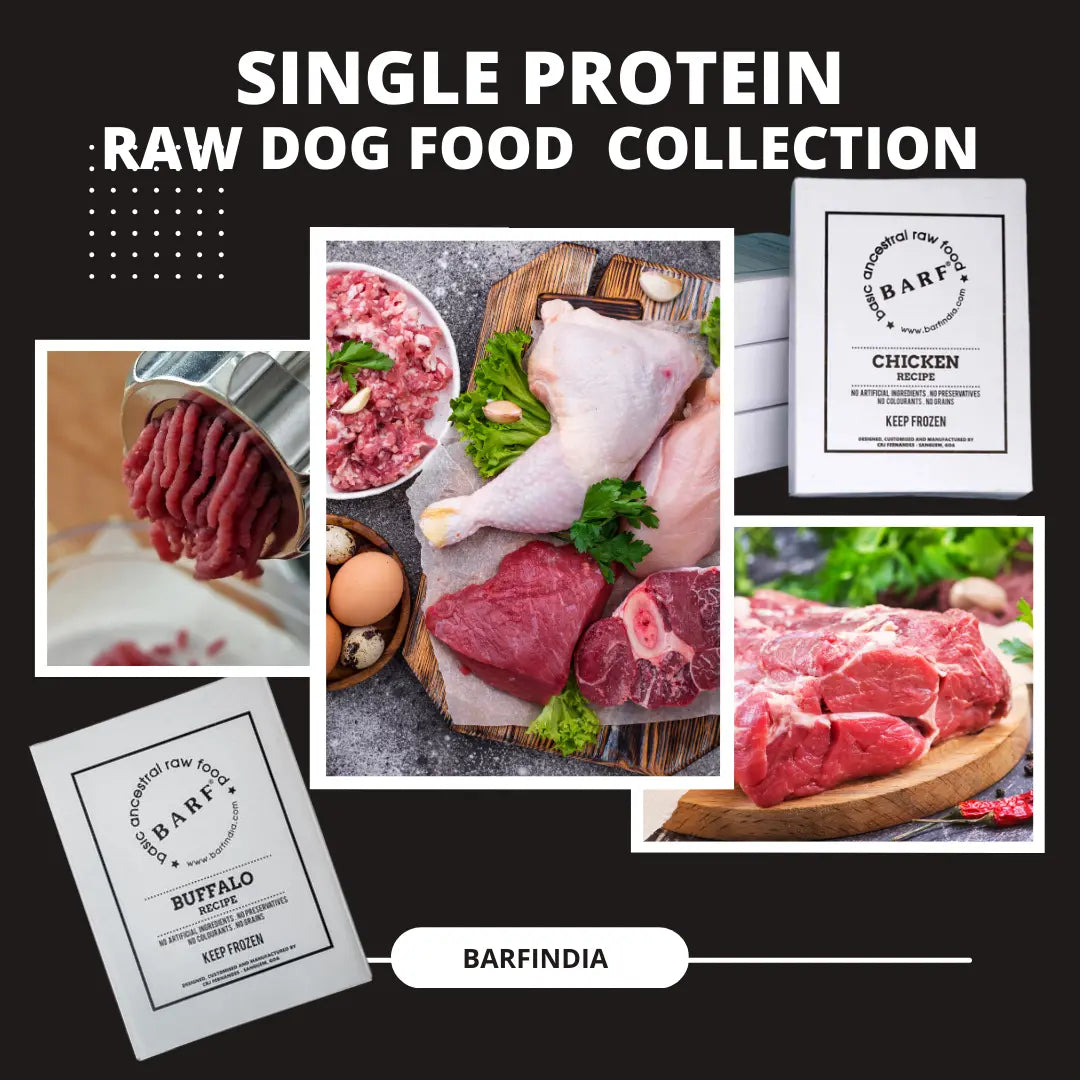
How Food Ingredients May Contribute to Cancer in Cats:Unveiling the Culprit.
Nivedita FernandesCancer in Cats: How Food Ingredients May Be a Hidden Trigger
Introduction:
As devoted cat owners, we strive to provide our feline companions with the best nutrition to ensure their health and well-being. However, recent studies and observations have raised concerns about certain food ingredients and their potential link to cancer in cats. In this blog, we explore the intricate relationship between diet and cancer, highlighting food ingredients as a primary cause of cancer in cats. Understanding these factors is crucial for making informed decisions about our cats' diets and ultimately reducing their risk of developing cancer.
-
Carcinogenic Additives: Many commercial cat foods contain additives and preservatives to enhance flavor, texture, and shelf life. Unfortunately, some of these additives have been identified as potential carcinogens. For example, BHA (butylated hydroxyanisole) and BHT (butylated hydroxytoluene) are synthetic antioxidants commonly used in pet foods to prevent rancidity. However, studies have shown that prolonged exposure to BHA and BHT may increase the risk of cancer, particularly bladder and stomach cancers in cats. Similarly, artificial colors and flavors, such as FD&C Red No. 3 and Yellow No. 6, have been associated with carcinogenic properties and should be avoided in cat food whenever possible.
-
Contaminated Ingredients: The quality and source of ingredients used in cat food are paramount in ensuring its safety and nutritional value. However, contamination of ingredients with heavy metals, pesticides, and other toxins can pose serious health risks, including cancer. Fish-based cat foods, in particular, may contain high levels of mercury and other environmental contaminants, which have been linked to various cancers in cats, such as lymphoma and oral squamous cell carcinoma. Choosing cat foods made from high-quality, responsibly sourced ingredients can help minimize the risk of exposure to harmful contaminants.
-
Carbohydrate Overload: Cats are obligate carnivores, meaning their diets should primarily consist of animal-derived protein and fat. However, many commercial cat foods contain high levels of carbohydrates, primarily in the form of grains and starches. Excessive carbohydrate consumption can lead to obesity, insulin resistance, and chronic inflammation, all of which are risk factors for cancer development. Furthermore, some studies suggest that high-carbohydrate diets may promote the growth of cancerous cells in cats, particularly in organs such as the pancreas and intestines. Opting for grain-free or low-carbohydrate cat foods that mimic a cat's natural diet can help mitigate this risk.
-
Meat By-Products and Rendered Ingredients: Meat by-products and rendered ingredients are commonly used in lower-quality cat foods as inexpensive sources of protein. However, these ingredients often contain a mixture of animal tissues, including organs, bones, and even diseased or contaminated meat. The rendering process, which involves cooking and processing animal parts at high temperatures, can create carcinogenic compounds such as heterocyclic amines and polycyclic aromatic hydrocarbons. Prolonged consumption of diets containing meat by-products and rendered ingredients may increase the risk of various cancers in cats, including gastrointestinal tumors and lymphoma. Opting for cat foods made from whole, muscle meats and clearly labeled protein sources can help avoid these potential risks.
-
Mycotoxins in Grain-Based Ingredients: Grain-based ingredients such as corn, wheat, and rice are commonly used in commercial cat foods as fillers and binders. However, grains are susceptible to contamination with mold, which can produce toxic substances known as mycotoxins. Mycotoxin contamination in cat food has been linked to various health problems, including liver disease, kidney failure, and cancer. Aflatoxins, produced by certain molds, are particularly concerning as they have been associated with liver cancer in cats. Choosing grain-free or mycotoxin-tested cat foods can help reduce the risk of mycotoxin exposure and its potential consequences.
Unveiling Harmful Ingredients That May Contribute to Cancer in Cats
Conclusion:
While diet plays a crucial role in maintaining overall health and well-being in cats, it's essential to be mindful of the ingredients we feed our feline companions. Certain food ingredients, including carcinogenic additives, contaminated ingredients, excessive carbohydrates, meat by-products, and mycotoxins, may contribute to cancer development in cats. By opting for high-quality, species-appropriate cat foods made from wholesome ingredients, cat owners can help minimize their cats' risk of cancer and support their long-term health. Additionally, regular veterinary check-ups and early detection are crucial in identifying and addressing any health concerns promptly. Together, we can make informed choices to ensure our cats lead happy, healthy lives free from the burden of cancer.



